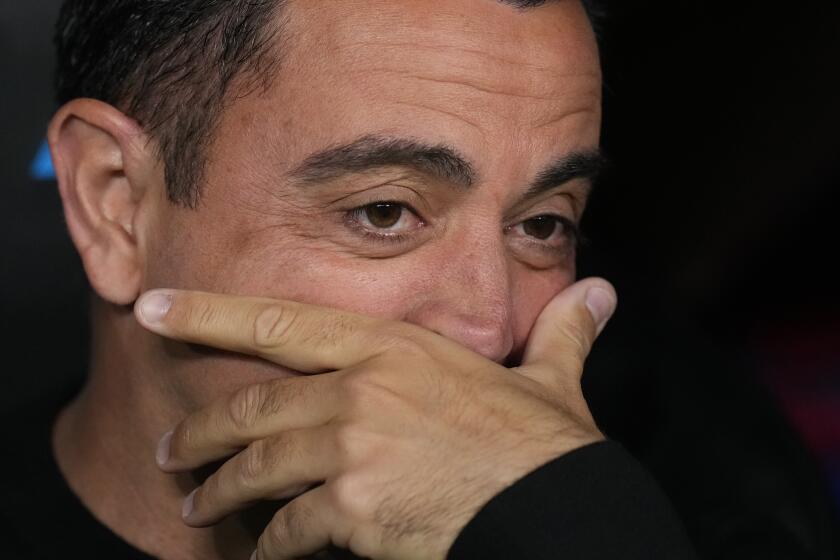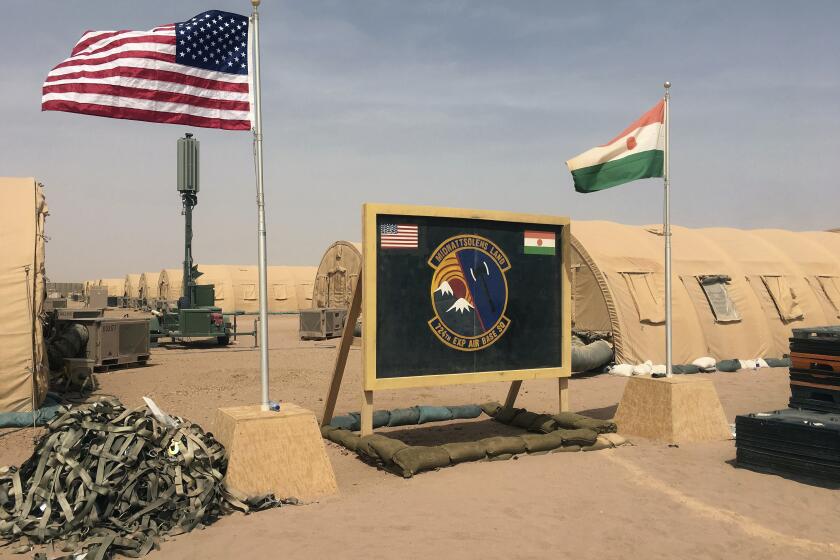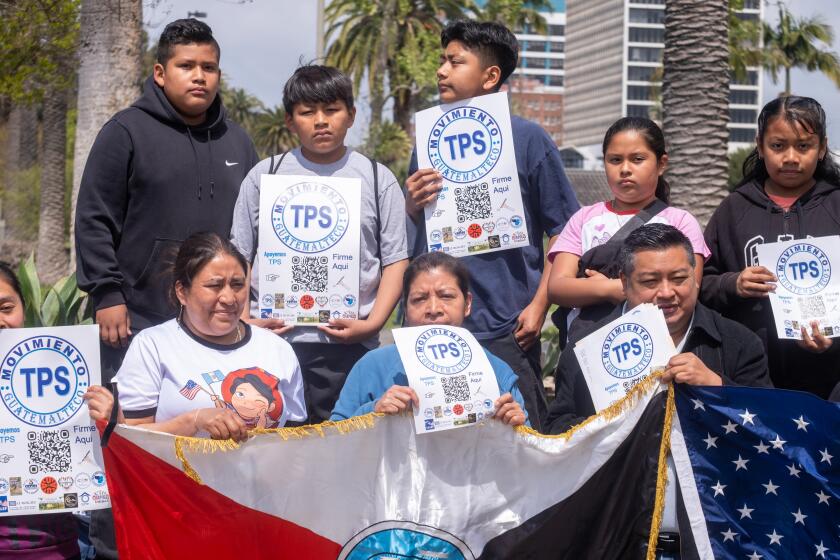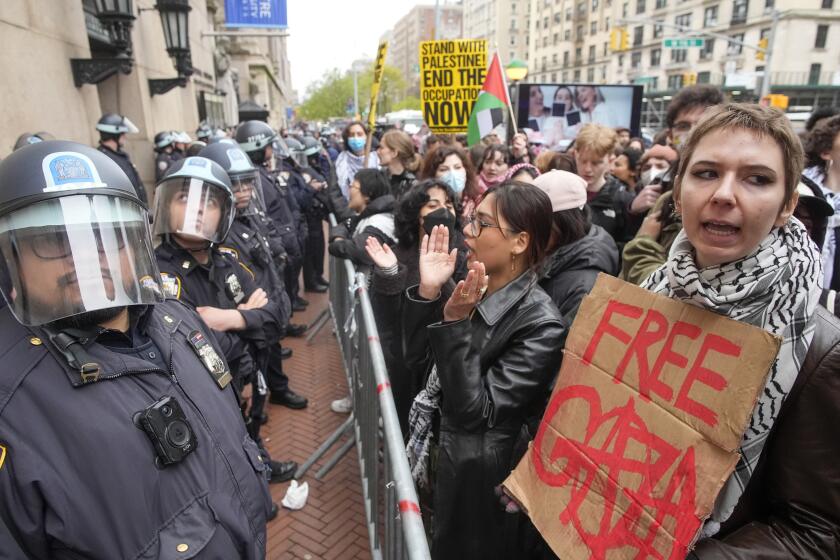Arbitrary detention allegations grow in crisis-racked Venezuela
Arbitrary detention allegations are increasing day after day in crisis-racked Venezuela, where the number of purported political prisoners has soared to nearly 1,000, according to the non-governmental organization Foro Penal (Penal Forum).
Last month’s arrest of Enmanuel Vicuña Salinas, a 21-year-old network engineering student who was taken into custody at the site of a street protest, is one of a growing list of cases.
A resident of the El Junquito sector of northwestern Caracas, Vicuña was riding by motorcycle with a friend, Ricardo Pico, to the supermarket on Jan. 24 when he came upon a group of people protesting shoddy public services, a common complaint in a cash-strapped country beset by severe shortages of basic goods and hyperinflation.
Upon arrival at the demonstration site, Vicuña was accosted by members of the Bolivarian National Guard of Venezuela (GNB), beaten and hit with shotgun pellets at point-blank range, his mother, Eugenia Salinas, told EFE, adding that both Pico and her son were arrested.
She said the National Guard members also stole the young men’s “shoes, wallets, watches, cellphones, jackets and the motorcycle. None of these items has re-appeared.”
Fighting back tears, she recounted the anguish she felt when hours passed by and her son and godson still had not returned home. She said the idea that they were under arrest did not initially cross her mind.
Instead, she worried they had been the victims of a kidnapping or street-gang violence, two scourges that make Venezuela (with 23,043 homicides in 2018) one of the world’s most dangerous countries, according to the Venezuelan Observatory of Violence (OVV).
It wasn’t until the next day that family members learned from local residents that Vicuña and Pico were being held at the National Guard command post in El Junquito. They had received no phone call from the authorities nor from the young detainees.
“We went (to the command post) thinking it was a mistake that would be cleared up right away,” Salinas told EFE, adding that her son is not politically engaged.
But Vicuña and Pico were kept jailed on charges of membership in a criminal gang that “caused damage to private property.”
Nine other young people, “none of whom know one another,” also were arrested that same day on similar charges, according to one of the attorneys handling their case, Lilia Camejo, a member of the NGO Justicia Venezolana (Venezuelan Justice) and the Coalition for Human Rights.
The young defendants were subsequently charged in court with obstructing public roads, resisting arrest, violent damage to property, aggravated theft, publicly instigating violence and criminal association even though there is no evidence to support the charges, Camejo told EFE.
The arrests occurred during a week of deadly anti-government protests in which the speaker of the opposition-controlled National Assembly, Juan Guaido, rejected leftist President Nicolas Maduro as an illegitimate usurper and proclaimed himself Venezuela’s interim president.
Hundreds of low-income people were arrested amid the demonstrations, according to Foro Penal, which says 989 people (including 904 civilians) are being held as “political prisoners.”
Guaido has been recognized as Venezuela’s acting head of state by the United States, Canada, several Latin American countries and the main European powers.
Maduro, who won re-election in May 2018 in a vote boycotted by the opposition, says a US-led coup has been launched and that oil-rich Venezuela has been the target of economic warfare by Washington and its allies.
In late January, President Donald Trump’s administration imposed harsh sanctions on Venezuela’s oil industry to deprive Maduro of billions of dollars in funds from crude exports, the lifeblood of the OPEC member’s economy.
Besides demanding her son’s release, Salinas called on authorities to allow him to undergo a medical exam because she says he has six infected wounds from pellet shots.
“I didn’t see those wounds until a week ago because my son is being held incommunicado. They don’t let us see him. Last Sunday, they allowed us a three-minute visit through a glass (partition),” she said, adding that she has only been able to send him some gauze and an antiseptic with the help of some guards.
“They don’t bathe and it’s overcrowded in there. Any bacteria in conditions like theirs can be deadly. I fear for the life of my son,” Salinas said.
An artist and mother of four, she said she has approached national guardsmen at the lock-up in a bid to see her son but it is as though she were talking to “a wall.”
“It’s as if he weren’t a human being,” she said, adding that members of the Venezuelan military believe they are superior to ordinary citizens.
“I have to look down and I have to be submissive before (the soldiers). My son is their hostage,” said Salinas, who also refers to Vicuña as a “political prisoner.”
Salinas says she is committed to her country and believes reconciliation among Venezuelans is the answer to its ongoing political and economic crisis, but she now wonders if she will be able to extend forgiveness after what has happened.



